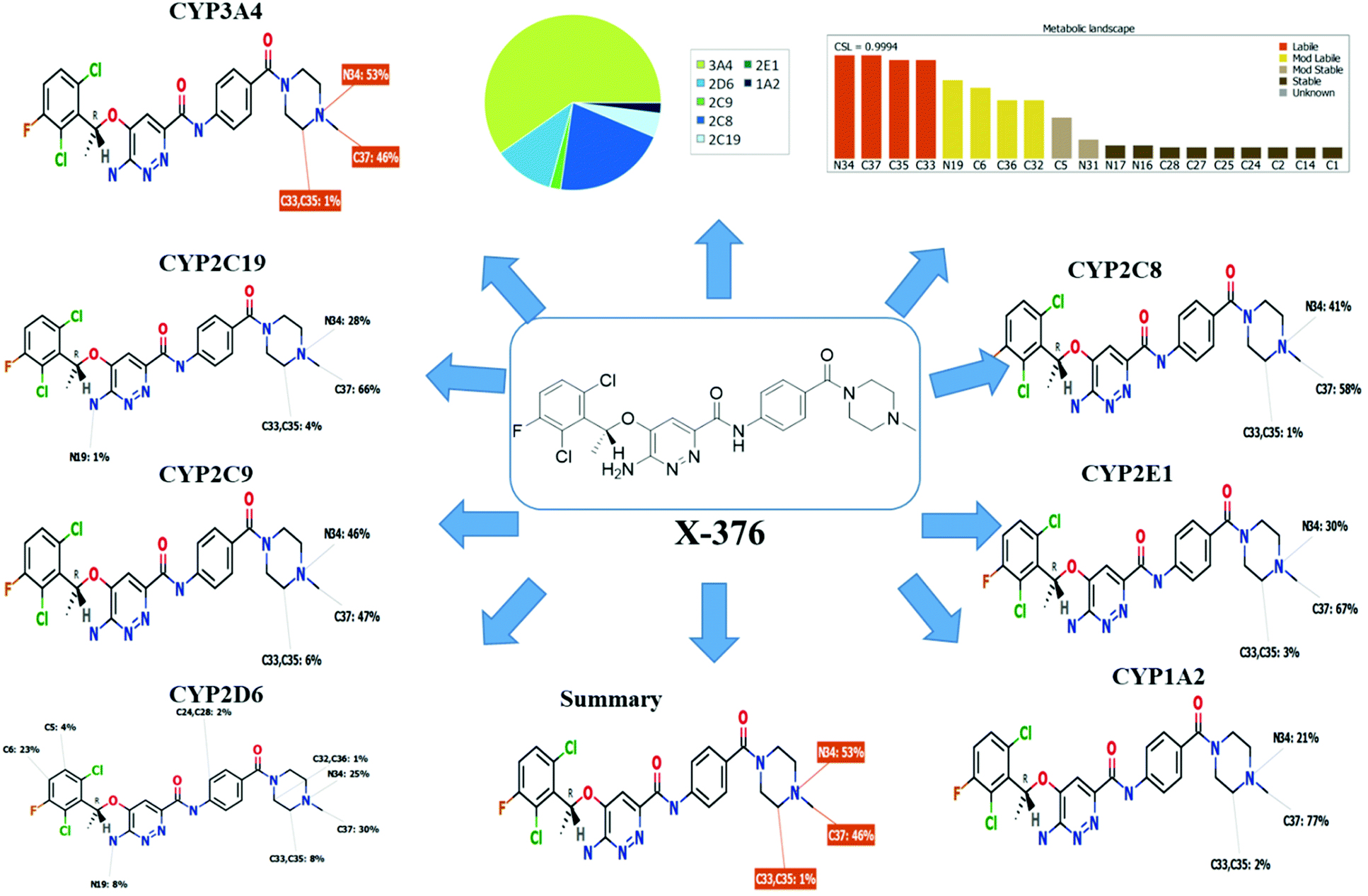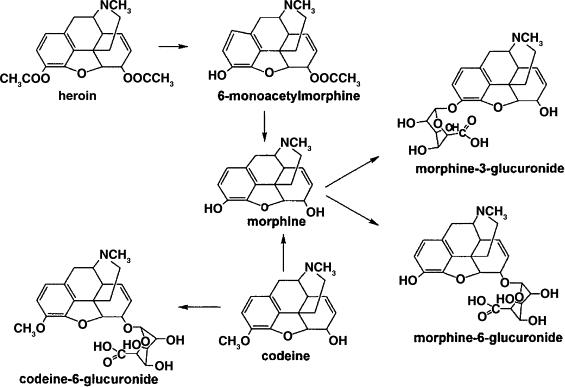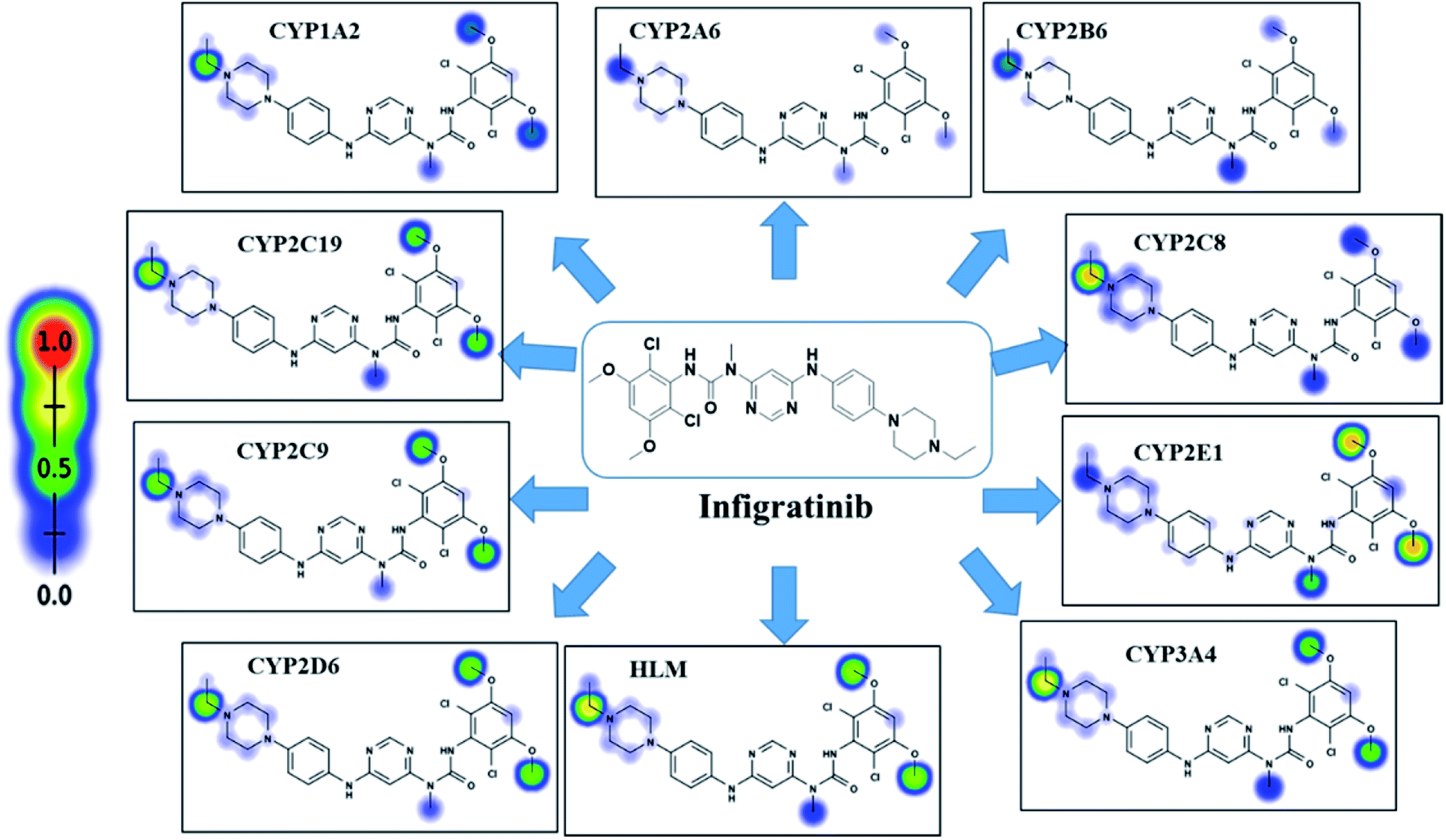Metabolites have long been a fascinating subject in chemistry and biotechnology. Among the plethora of compounds, 6530-20-1 metabolites stand out for their intriguing properties and wide-ranging applications. Whether you are a chemistry enthusiast, a researcher, or a biotech professional, understanding these metabolites can provide valuable insights into complex biological processes and innovative applications.
In this blog post, we will explore the multifaceted world of 6530-20-1 metabolites. We will examine their structure, significance, and potential uses, providing a comprehensive guide for those interested in cutting-edge chemistry and biotechnology. Along the way, we’ll discuss current research, offer practical examples, and consider the future of these metabolites.
Understanding Metabolites and Their Importance
Metabolites are the intermediates and products of metabolism, playing crucial roles in the biochemical processes within organisms. They are often classified into two categories: primary and secondary metabolites. While primary metabolites are directly involved in growth, development, and reproduction, secondary metabolites are not directly involved in these processes but have essential ecological functions.
What Sets 6530-20-1 Metabolites Apart?
6530-20-1 metabolites are unique due to their specific chemical structure and function. They exhibit characteristics that make them particularly interesting in the fields of chemistry and biotechnology. Their ability to interact with various biological systems opens up possibilities for innovative applications, especially in drug development and therapeutic research.

The Role of 6530-20-1 Metabolites in Biological Systems
Understanding how 6530-20-1 metabolites function within biological systems is key to unlocking their potential. These metabolites often act as signaling molecules, influencing various physiological pathways. Their interactions with enzymes and receptors can lead to significant biochemical changes, making them valuable targets for researchers aiming to manipulate biological processes for therapeutic purposes.
The Chemical Structure of 6530-20-1 Metabolites
At the core of any metabolite’s function is its chemical structure. The unique arrangement of atoms within 6530-20-1 metabolites determines their reactivity and interactions with other molecules. Understanding this structure is vital for researchers and professionals looking to harness their properties.
Analyzing the Molecular Composition
The molecular composition of 6530-20-1 metabolites reveals much about their potential applications. By examining the specific functional groups and bonding patterns, chemists can predict how these metabolites will behave under various conditions. This knowledge is critical for designing experiments and developing new technologies.
Techniques for Structural Analysis
Several analytical techniques are employed to study the structure of 6530-20-1 metabolites. Spectroscopy, chromatography, and mass spectrometry are among the methods that provide detailed insights into the molecular makeup of these compounds. Each technique offers unique advantages, allowing researchers to gather comprehensive data and develop a deeper understanding.
Implications of Chemical Structure on Functionality
The chemical structure of 6530-20-1 metabolites is intricately linked to their functionality. Changes in structure, even at a minor level, can significantly impact how these metabolites interact with other molecules. Understanding these relationships enables researchers to design targeted interventions, enhancing the efficacy of applications in fields such as drug discovery.
Applications of 6530-20-1 Metabolites in Biotechnology
The unique properties of 6530-20-1 metabolites make them of great interest in biotechnology. Their ability to participate in diverse biochemical reactions allows for a wide range of applications, from pharmaceuticals to agricultural technologies.
Pharmaceutical Innovations
One of the most promising areas for 6530-20-1 metabolites is pharmaceutical innovation. Their role as signaling molecules makes them ideal candidates for drug development. By targeting specific pathways, 6530-20-1 metabolites can be used to modulate physiological functions, leading to the development of novel therapeutics.
Agricultural Applications
In agriculture, 6530-20-1 metabolites can enhance plant growth and resistance to environmental stressors. Their interactions with plant hormones and enzymes influence various growth processes, providing opportunities to improve crop yield and sustainability.
Environmental and Industrial Uses
Beyond pharmaceuticals and agriculture, 6530-20-1 metabolites have potential applications in environmental and industrial settings. Their ability to interact with pollutants and other environmental compounds makes them useful in bioremediation efforts. Additionally, their unique chemical properties can be leveraged in industrial processes to create more efficient and sustainable production methods.
Research and Developments in the Field
Ongoing research into 6530-20-1 metabolites continues to uncover new possibilities and applications. Scientists around the world are exploring these metabolites in various contexts, contributing to a growing body of knowledge that informs innovative solutions across multiple industries.
Recent Studies and Findings
Recent studies into 6530-20-1 metabolites have provided new insights into their behavior and potential uses. These findings highlight the versatility and adaptability of these metabolites, offering hope for breakthroughs in both medical and ecological fields.
Collaborative Research Efforts
Collaboration among researchers and institutions is key to advancing our understanding of 6530-20-1 metabolites. By sharing data and resources, scientists can accelerate discoveries and develop practical applications that benefit society as a whole.
Future Directions in Metabolite Research
The future of research into 6530-20-1 metabolites holds exciting possibilities. With advances in technology and a deeper understanding of these compounds, researchers are poised to unlock new applications that could revolutionize industries ranging from healthcare to environmental science.
Challenges in the Study of 6530-20-1 Metabolites
Despite the promising potential of 6530-20-1 metabolites, several challenges remain in their study and application. One major hurdle is the complexity of their biosynthesis and pathways, which can vary significantly across different biological systems. This variability complicates the development of standardized methods for isolating and characterizing these metabolites, potentially impacting reproducibility in research.
The Need for Standardization
Establishing standardized protocols for the extraction and analysis of 6530-20-1 metabolites is crucial for advancing research in this area. Consistency in methodologies would improve the reliability of experimental results, facilitating comparisons across studies and accelerating the pace of innovation. Efforts to create universally accepted methods in metabolite analysis will be essential for harnessing their full potential.
Regulatory Considerations
Another challenge lies in navigating the regulatory landscape surrounding the use of 6530-20-1 metabolites, particularly in pharmaceuticals and agricultural applications. Regulatory bodies often require extensive safety and efficacy data before granting approval for new substances. This process can be lengthy and complex, potentially delaying the translation of research findings into real-world applications.

Ethical Implications
As research progresses, it is paramount to address the ethical implications that arise from utilizing 6530-20-1 metabolites, especially in biotechnology. The potential for genetic manipulation or the introduction of metabolites into ecosystems raises questions about safety and environmental impact. Ongoing dialogue and ethical oversight will be necessary to ensure that advancements in metabolite research align with societal values and environmental stewardship.
These challenges emphasize the importance of continued research, collaboration, and responsible innovation in the field of 6530-20-1 metabolites, paving the way for a future filled with both promise and responsibility.
Challenges and Considerations in Metabolite Utilization
While the potential of 6530-20-1 metabolites is vast, there are challenges and considerations that must be addressed to fully realize their benefits. From ethical concerns to technical limitations, navigating these challenges requires careful planning and collaboration.
Ethical and Regulatory Challenges
The use of 6530-20-1 metabolites in various applications raises ethical and regulatory questions. Ensuring that these metabolites are used responsibly and ethically is critical, requiring ongoing dialogue between scientists, policymakers, and the public.
Technical Limitations and Solutions
Technical limitations present obstacles to the widespread application of 6530-20-1 metabolites. Overcoming these hurdles involves developing new technologies and methodologies that enhance our ability to manipulate and study these compounds effectively.
Balancing Innovation with Sustainability
Sustainability is a key consideration in the utilization of 6530-20-1 metabolites. Balancing the drive for innovation with environmental and social responsibility is essential for ensuring that the benefits of these metabolites are realized without compromising future generations.
Innovations in Metabolite Application
Recent innovations in the application of 6530-20-1 metabolites are reshaping approaches in various fields. For instance, advancements in synthetic biology are enabling researchers to engineer microbial strains that can efficiently produce these metabolites at scale. This not only enhances the availability of valuable compounds for research and industrial use but also opens avenues for sustainable production methods that reduce reliance on chemical synthesis. Moreover, the integration of metabolomics with advanced analytical techniques, such as mass spectrometry and nuclear magnetic resonance, is facilitating a more comprehensive understanding of metabolite profiles in different biological systems, leading to more targeted applications.
Integrating Metabolite Research with Technology
The intersection of technology and metabolite research is proving to be a significant driver of progress. The use of big data and artificial intelligence in metabolite discovery and characterization allows for the rapid analysis of vast datasets, identifying correlations and patterns that previously went unnoticed. This integration can accelerate the pace of research, yielding new insights that could facilitate the development of novel therapeutic agents or eco-friendly agricultural solutions. As innovations continue to emerge, the promise of 6530-20-1 metabolites in addressing critical challenges in health, agriculture, and the environment becomes increasingly tangible.
Conclusions and Future Prospects
In summary, the exploration of 6530-20-1 metabolites showcases their extensive potential across various domains, including pharmaceuticals, agriculture, and environmental science. The intricate relationship between their chemical structure and functionality underscores the importance of continued research into their properties and applications.
As scientists aim to overcome existing challenges, such as ethical concerns and technical limitations, the focus must remain on developing responsible, sustainable approaches that will fully harness the benefits of these metabolites. Looking ahead, the future of 6530-20-1 metabolite research is promising, with the potential for innovative solutions that can transform industries and enhance quality of life. Increased collaboration and investment in this field will be crucial to unlocking the full spectrum of opportunities that these metabolites present, paving the way for advancements that meet both current and future societal needs.


